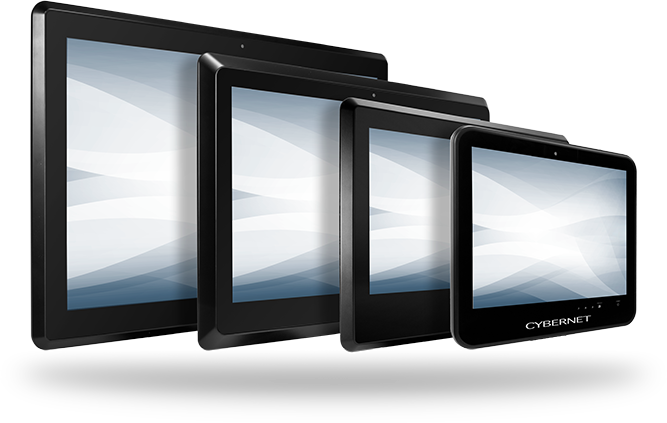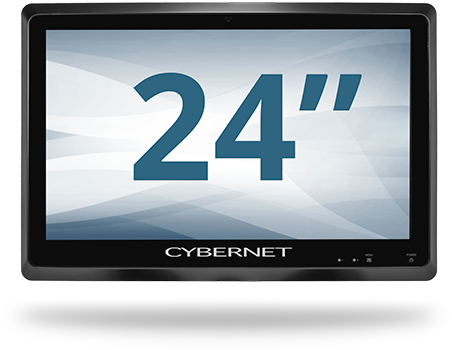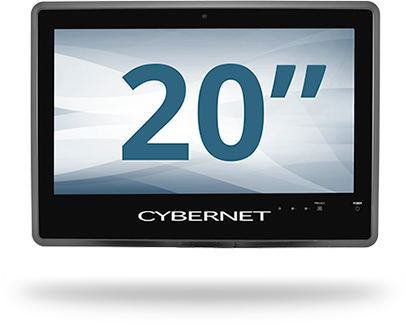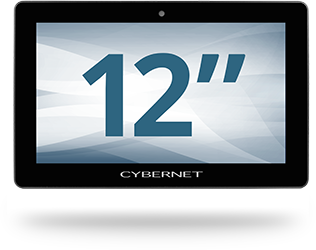What Makes Our Business PCs Enterprise-Ready
Our all-in-one business PCs ensure operational reliability around the clock, exceptional durability against environmental hazards, and adaptability for diverse roles. We cater to your need for ample I/O ports for simple equipment integration, robust security to protect your data, and unwavering performance in critical moments.
Rated IP65
The front bezel of our business PCs has an IP65 rating, indicating the protection against dust and liquids. This means the internal components are entirely safeguarded against damaging particles, water jets and cleaning agents. Such protection increases the lifespan and reduces the need for frequent replacements.
Versatile & Customizable
Equipped with PCAP touchscreens, VESA mounts, RFID scanners, and more, our business computers easily adapt to various roles. We offer customization in processors, operating systems, and memory to meet your specific needs.
High Security
With options for RFID and smart card access, fingerprint scanning, and Imprivata-based encryption, our all-in-one business PCs keep your data secure. Additionally, an internal UPS system protects against data loss during power outages.
Exceptional Reliability
Our commitment to quality results in less than 2% failure rates. We back this up with a 5- to 7-year product lifecycle on our business computers and dedicated customer support for its entire deployment.



